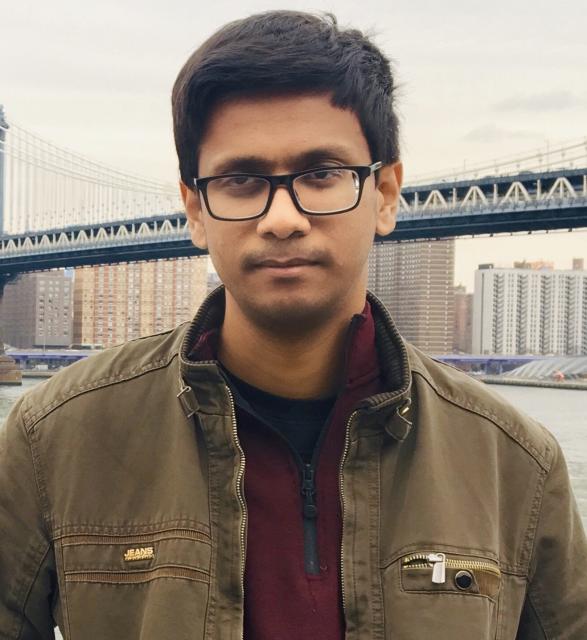Abstract:
Nonlinear optical techniques are promising tools in changing the landscape of label-free optical imaging and sensing. Well-designed optical nanoantennas with exquisite light confinement capabilities can significantly enhance the inherently weak nonlinear light-matter interactions that can only be accessed through strong optical fields. This dissertation discusses how the third-order optical response of materials can be exploited to design and optimize chemical sensors with exceptional stability and reproducibility. Conventional nonlinear nanophotonic systems utilize localized surface plasmon resonance (LSPR) based nanoantennas to amplify light-matter interactions due to their extraordinary ability to confine incident electromagnetic fields to nanoscopic regions. These antennas, however, suffer from ohmic losses and subsequent photothermal effects adversely affect the stability and reproducibility of the signal obtained through these sensors. In this dissertation, we move away from traditional LSPR-based two-particle metallic nanojunctions and shift towards metal-free optical nanoantennas for robust chemical sensing. The first part of this dissertation investigates two-photon absorption of planar gold films to reliably sense biomolecular interactions on the level of single-nanoparticles and interrogates the mechanism of signal generation. This sensor takes advantage of more stable and controllable surface plasmon polariton (SPP)-based nanoantennas for sensing with enhanced stability. The second sensor discussed in this work probes the vibrational response of molecules through surface-enhanced coherent anti-Stokes Raman scattering (SE-CARS). This sensor reimagines the experimental configuration through incorporation of dielectric particles on top of a precisely controllable metallic thin film to generate molecular signal from thermally stable metal-dielectric heterojunctions. Finally, a metal-free antenna system is used to report the first experimental observation of SE-CARS without the involvement of surface plasmons with unprecedented stability and reproducibility.
Speaker:
Institution:
Location:

